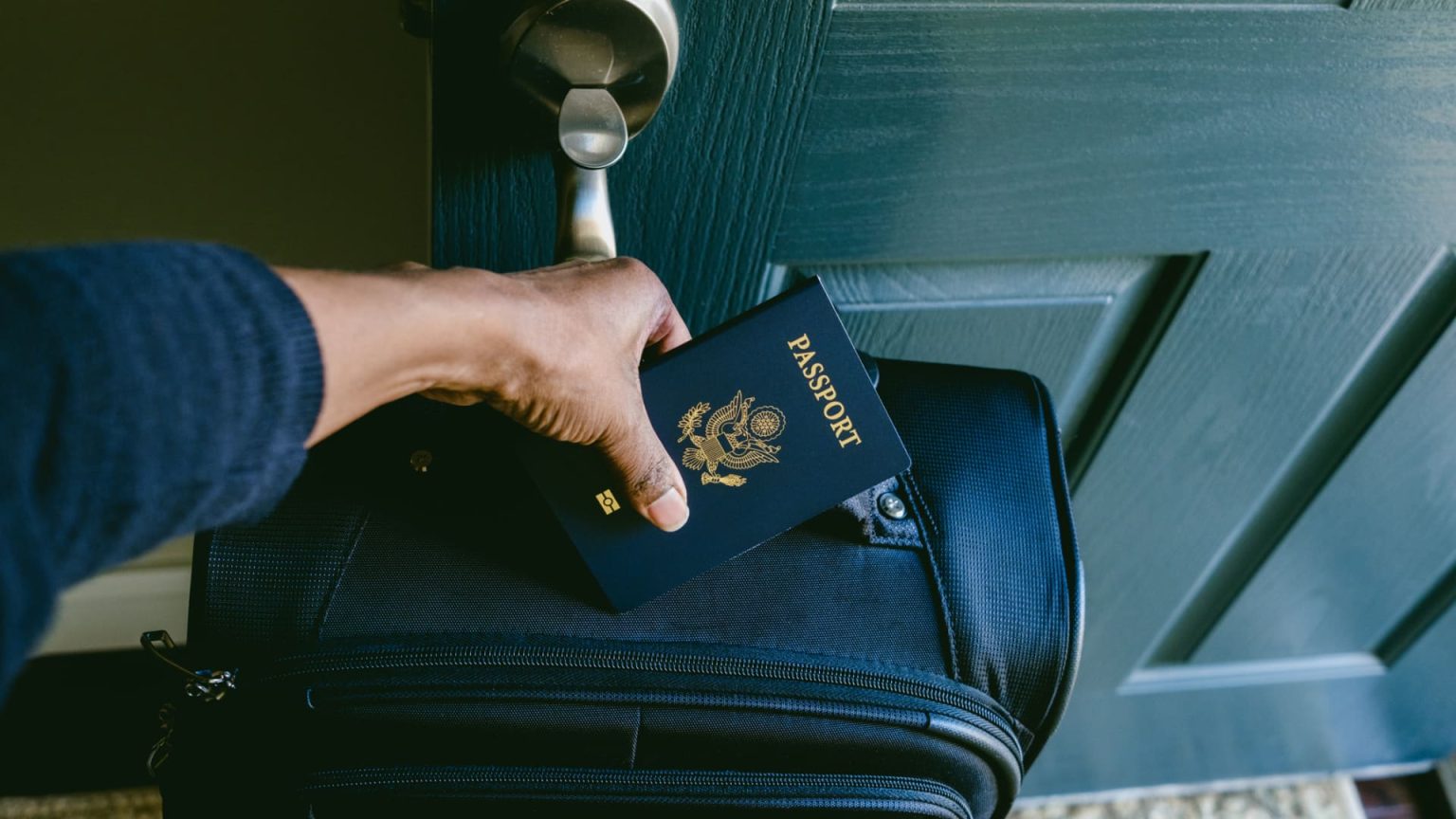The federal government has the authority to revoke passports of individuals with seriously delinquent tax debts, which are debts over a certain threshold that the taxpayer has repeatedly ignored. This enforcement mechanism has been in place since 2018 as a last-ditch effort to collect unpaid taxes. If the debt remains unpaid, travelers may not be able to take trips overseas until they resolve their debt. This includes expats and business travelers who may have to return to the U.S. until their tax case is resolved.
Passport revocation as a consequence of overdue tax debts has become more common in recent years, with demand for passports increasing as the Covid-19 pandemic wanes. Tax enforcement efforts involving passports have ramped up over the past three years, according to experts. This has proven effective in getting people to contact the IRS to resolve their debt. In one case, a client found out his passport had been revoked while at the airport trying to fly to Mexico for a trip. This signifies the seriousness and effectiveness of this collection effort.
In order to revoke a passport, other typical collection methods must have been exhausted by the IRS. This includes the taxpayer not responding to prior notices of a federal tax lien. Revoking a passport isn’t generally the government’s first way to collect overdue debts, but rather a last resort. Various courts have upheld the government’s right to revoke passports to collect tax debts as constitutional, as seen in recent cases. It is important for taxpayers to be aware of the consequences and take steps to resolve their debts in a timely manner.
The State Department plays a key role in the passport revocation process. Individuals will receive a notice from the IRS outlining the potential implications of having their debt classified as seriously delinquent. If an individual applies for a passport, the State Department will generally deny and close the application if efforts to pay the debt are not made. The debtor may still use an existing passport unless notified in writing that it has been revoked or limited. The IRS looks at various factors, including past noncompliance and failure to cooperate, when deciding to revoke a passport.
Remedies are available to individuals with seriously delinquent tax debts to avoid passport revocation. This includes paying the debt in full, entering into a payment plan, or making a compromise agreement with the IRS. The State Department can limit the passport’s use to return travel to the U.S., preventing individuals from being stranded outside the country. The IRS sends taxpayers a letter before revocation, giving them an opportunity to resolve their account within 30 days to avoid passport cancellation. However, sometimes debtors are caught off guard by passport denial when traveling due to incorrect address information.
In conclusion, the revocation of passports for seriously delinquent tax debts is a serious consequence that individuals should be aware of. The enforcement mechanism serves as a way to collect unpaid taxes and has become more prevalent in recent years. It is important for taxpayers to take steps to resolve their debts and avoid passport revocation by working with the IRS to address their tax liabilities. Travelers should be aware of the potential consequences and remedies available to prevent disruption to their travel plans.













